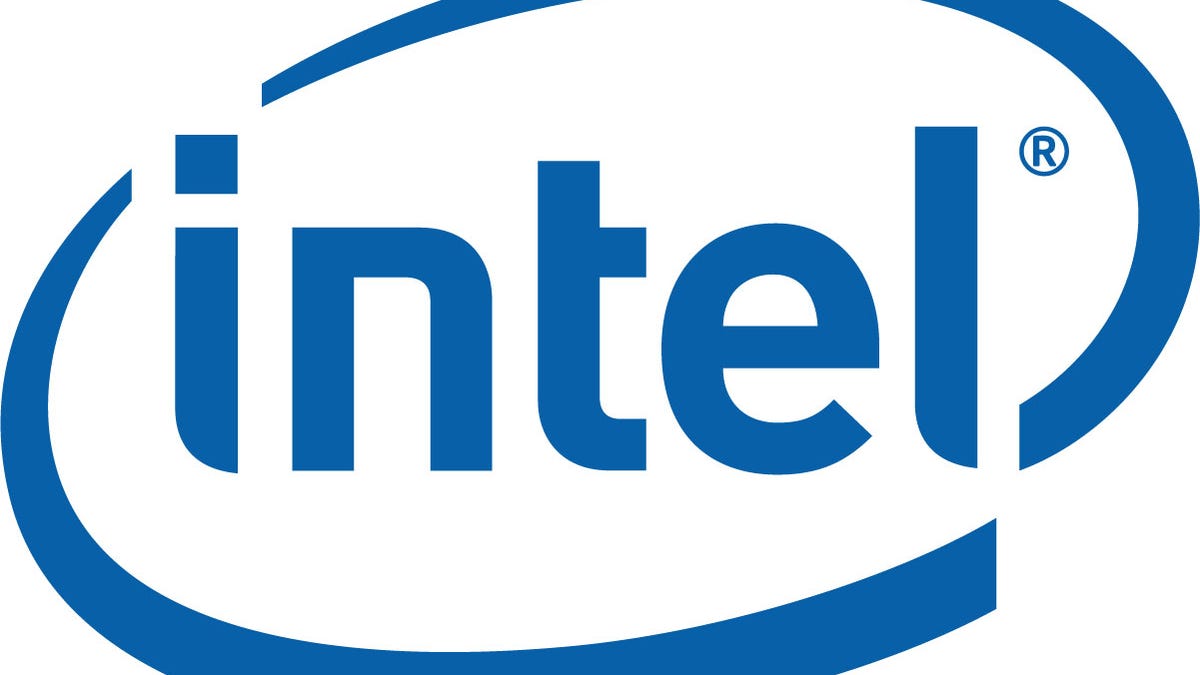Intel's biggest issue in the mobile arena: 'Lack of LTE'
That's the word from the company's executive vice president of sales, who promised LTE radios in his company's devices later this year.

So why is Intel having so much trouble competing in the smartphone market? Blame it on LTE.
Intel Executive Vice President of Sales Tom Kilroy said this week at the Computex trade show in Taiwan that his company's troubles in the U.S. have everything to do with its processors' lack of LTE support.
"Absence of LTE is the reason," Kilroy said, according to Engadget, which attended the event. "We can't get ranged by U.S. carriers without LTE, so once we have multi-mode LTE coming to market later this year, we have an opportunity to compete in that business."
Intel currently offers mobile Atom chips, but they don't come with LTE radios. The company has promised that LTE support will be available later this year and, at Computex, showed off a Windows tablet that came with an LTE chip.
LTE, or long-term evolution, is the higher-speed data option U.S. carriers are delivering to customers at a rapid rate. ARM-based chips already have support for LTE built-in, making them the obvious choice for most vendors. Until Intel adds LTE, it will continue to have a hard time wooing vendors from competitors using ARM-based chips.

